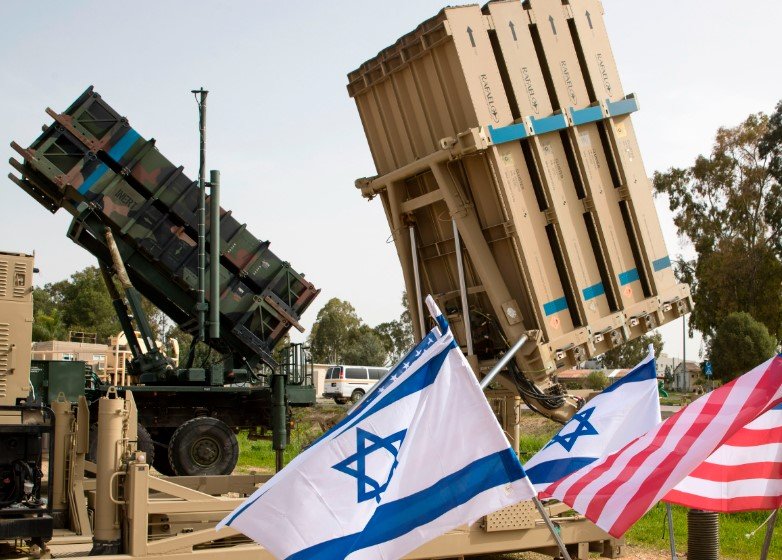Israel is transforming its defense strategy with a Moneyball approach, blending cheap tech with deep innovations to counter threats in 2025. Experts say this shift helps the nation stay ahead in a world of drones and AI warfare, focusing on quantity and smart data over costly gear.
This change comes as Israel faces ongoing conflicts with groups like Hezbollah and Hamas. Recent reports show the country leading in deep tech outside the US, with billions poured into AI and security tools. The strategy draws from sports analytics, where data and numbers win games. Now, it shapes how Israel builds its military edge.
What Moneyball Means for Israel’s Defense
The Moneyball idea started in baseball but fits modern war. It stresses using lots of affordable tools guided by data to beat stronger foes. In Israel, this means making cheap drones and interceptors that work in swarms.
Recent battles highlight this need. Drones from Iran backed groups have tested Israel’s systems. The Iron Dome stops many, but costs add up. A single interceptor can run tens of thousands of dollars, while enemy drones cost hundreds. Israel counters this by scaling up low cost options.

Experts point to Ukraine as a model. There, simple tech turned the tide against Russia. Israel adapts similar tactics, fusing civilian tech with military needs. This year, the defense sector saw record exits and growth in deep tech areas like AI.
In 2025, Israel’s tech scene thrives despite wars. Companies raised over 28 billion dollars in deep tech from 2019 to now. This funds new tools that make defense smarter and cheaper.
Key Innovations in Deep Tech Security
Israel leads in blending AI with security. New systems use lasers and smart cannons to down drones fast. One breakthrough is the Magen Or laser, which zaps threats for just dollars per shot.
This tech cuts costs and boosts speed. Tests show it neutralizes drones from groups like Hezbollah. Israel deploys it in hot spots like the north and Eilat after repeated attacks.
AI plays a big role too. Systems spot and track threats in real time. Interceptor drones with nets or ramming tech add layers of protection. These come from firms like Elbit and Rafael, tested in joint drills with the US.
Here are some standout innovations:
- Laser based interceptors that cost less than traditional missiles.
- AI guided cannons for anti drone defense.
- Swarm drones that overwhelm enemy systems.
- Quantum resistant cybersecurity to protect data.
These tools help Israel stay ahead. Partnerships with the US strengthen ties, sharing tech for mutual gains.
Balancing Quantity and Quality in Warfare
Moneyball is not just about cheap gear. It pairs with deep tech for a full edge. Israel invests in both to handle swarms of threats. Think tanks call this the future of war, where civilian speed meets military power.
But challenges remain. Stagnant job growth in tech worries leaders. New ventures dip, even as deep tech booms. The Israel Innovation Authority notes early recovery signs, but wars strain resources.
A recent report shows 1500 deep tech firms active now. They focus on AI, chips, and medical devices with security uses. This builds resilience, turning crises into chances for growth.
| Aspect | Traditional Approach | Moneyball Approach |
|---|---|---|
| Cost per Unit | High (e.g., $50,000 interceptor) | Low (e.g., $1-2 per laser shot) |
| Scale | Few advanced systems | Many affordable units |
| Tech Focus | Exquisite platforms | Data driven swarms |
| Example | Iron Dome missiles | AI drone interceptors |
| Outcome | Effective but expensive | Cost efficient and adaptable |
This table shows the shift. Israel aims for a mix that wins long term.
Global eyes watch this model. Gulf states normalize ties through shared tech, boosting stability.
Global Impact and Future Outlook
Israel’s strategy influences allies. The US renews pacts, eyeing AI and defense tech. Joint work on drones and cyber tools counters threats from Iran and others.
In 2025, events like the 30U30 in Defense highlight young innovators. They push boundaries in homeland security. State backed funds, around 60 million dollars, aid startups for battlefield independence.
Critics note ethical issues, like tech use in surveillance. A major firm blocked access to AI for certain projects, sparking debate. Yet, innovation marches on, hardening Israel’s tech amid wars.
Looking ahead, experts predict full airspace protection in five to ten years. Cheap intercepts could stop any rocket or drone. This blends Moneyball smarts with deep tech muscle.
Challenges Ahead for Israel’s Tech Edge
Wars test Israel’s resolve. Nearing two years of conflict, the tech sector holds strong. It evolves from managing crises to optimizing them.
Funding stays key. Venture capital dips, but deep tech draws billions. Leaders call for more investment to keep the lead.
Balance is crucial. Too much focus on quantity might skip quality leaps. Deep tech fills that gap, with AI and lasers as game changers.
Public sentiment supports this path. Polls show trust in tech driven defense. It saves lives and resources in tough fights.
What do you think about Israel’s Moneyball strategy? Share your views in the comments and spread this article to spark discussion.







